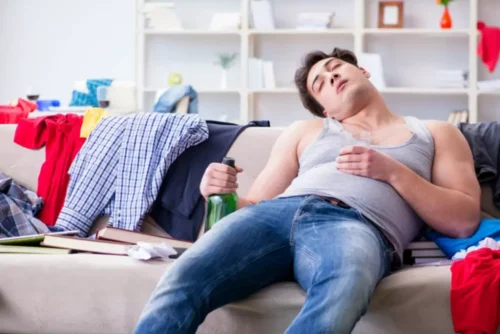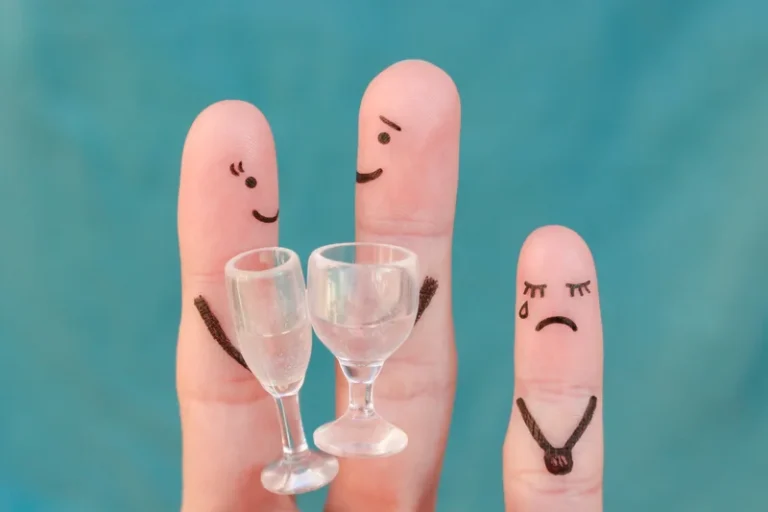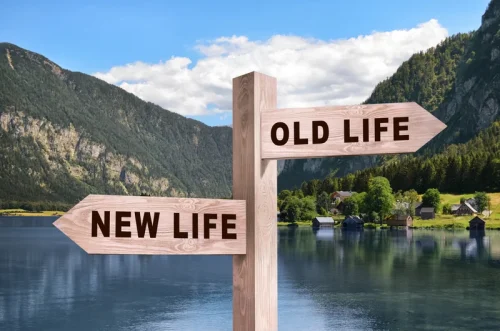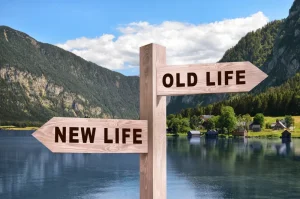
Mixing drugs and alcohol with any medications you take for these conditions can make you feel worse and can even be dangerous in some cases. Certain life experiences – like family conflict, having a hard time in school, or seeing violence in your community – can put some teens at greater risk of developing a substance use disorder. Teenagers and young adults may turn to drugs or alcohol as a way to relax, feel comfortable socially, relieve anxiety, or escape emotional or physical pain. Identifying and treating mental health disorders can reduce substance abuse. Similarly, reducing marijuana addiction substance use can improve treatment outcomes for mental health disorders. Data published by the National Center for Drug Abuse Statistics reports that at least one in every eight teenagers abused an illicit substance within the past year.
Sign-up to get drug abuse in teens Mayo Clinic’s trusted health content sent to your email. Receive a bonus guide on ways to manage your child’s health just for subscribing.

Regarding HIV and sexually transmitted infection (STI) prevention, high-risk substance use is any use by adolescents of substances with a high risk of adverse outcomes. Adverse outcomes might range from injury, criminal justice involvement, school dropout, to loss of life. Think your friend is having a problem with their mental health, drugs, or alcohol? Talk to them to provide support and motivation to get the help they need. Millions of young adults are living with a mental or substance use disorder and many either do not realize they have one or are not paying attention to the signs and not seeking help. In fact, of the 8.9 million young adults who reported having a mental illness in 2018, more than 2 in 5 went untreated and of the 5.1 million with a substance use disorder, nearly 9 in 10 did not get treatment.
As most substance use among teens is linked to unmet needs or struggles, try to gather this information without lecturing. Instead, listen empathetically, express your disapproval of underage drinking or substance misuse, and reassure them that your primary concern is their health and well-being. Emphasize the importance of making safe choices, help them develop strategies to say no in situations where they feel pressure to use, and let them know they can always seek your support without fear of judgment. Drinking or smoking marijuana can help make hopelessness, anxiety, irritability and negative thoughts disappear quickly. A study of nearly 10,000 adolescents funded by the National Institutes of Health (NIH) has identified distinct differences in the brain structures of those who used substances before age 15 compared to those who did not. They may also indicate a mental health disorder and should be monitored and discussed with your child’s family doctor for appropriate medical treatment.


Drinking is even more dangerous for kids with ADHD because they’re already impulsive. Substance use can also make depressed teenagers more prone to impulsive suicidal behavior. Future studies will be crucial to determine how initial brain structure differences may change as children age and with continued substance use or development of substance use disorder. In a post-hoc analysis, the researchers found that many of these brain differences still held even after removing those participants who reported substance initiation prior to collection of their baseline MRIs.
Another theory is that the pandemic increased anxiety around drug use. Many individuals with mental health conditions like anxiety and depression might shy away from experimenting with such substances, Dr. Duncan Clark, a University of Pittsburgh psychiatrist, told AP News. When teens are struggling with mental health issues, they often turn to substance use to help them manage painful or difficult feelings — not unlike adults.
Kids who are depressed may https://ecosoberhouse.com/ use alcohol or marijuana to cheer themselves up, Dr. Taskiran notes, and blunt the irritability that is a symptom of adolescent depression. So if their peers are offering a drug that makes you happy, that’s often the first thing they turn to.” Substance use can quiet negative thoughts that plague depressed kids. Instead of slowing them down, alcohol can make teens feel more energetic, do riskier things and get more aggressive.